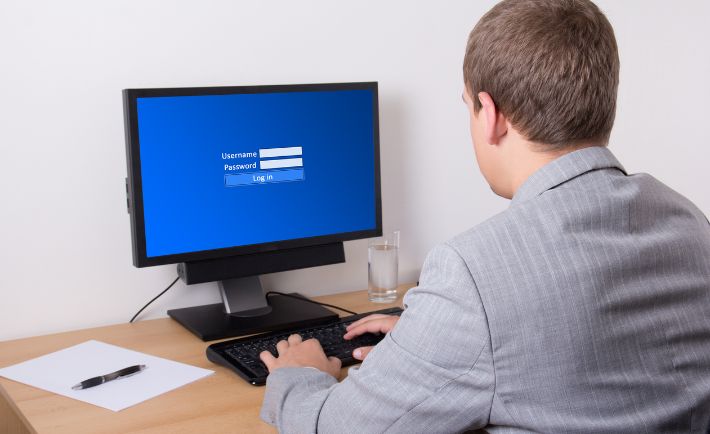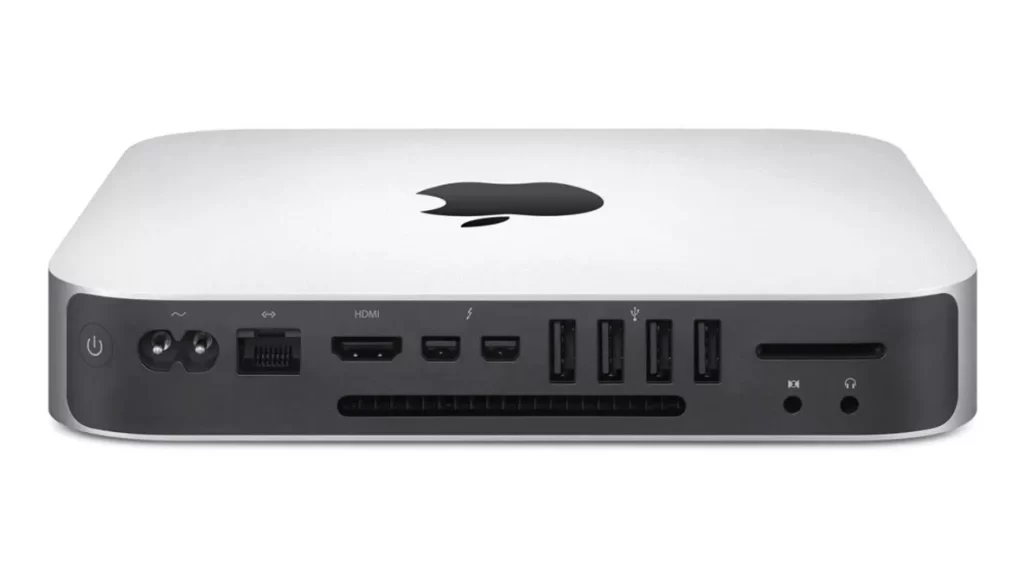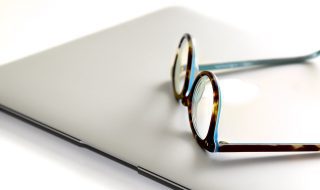
Dust might seem harmless, but for PC users, it’s a sneaky villain that can wreak havoc on your computer. This small but mighty foe can lead to performance issues and even hardware damage. This guide will explore how dust affects the performance of your PC, the telltale signs of build-up, and how to keep your system in top shape.
Understanding the Impact of Dust on PCs
Dust accumulates inside your PC from various sources like open windows, pets, and even our own skin cells. Once inside, it settles on components such as the motherboard, fans, and power supply. This layer of debris can cause overheating by insulating heat, leading to throttled performance or unexpected shutdowns.
When dust gathers on your PC’s fans, it reduces their efficiency. This inefficiency can make your system louder as fans work harder to cool down components. It’s also common for dust to block vents, which limits airflow and affects overall performance. If you want to optimize your Apple desktop or any other setup, keeping dust at bay is a must.
Signs of Dust Build-Up in Your PC
Are you unsure if dust is affecting your PC? Pay attention to these signs.
- Persistent overheating, where your computer feels hot to the touch, often indicates dust-related airflow issues.
- Slow performance and lagging can also be triggered by dust, as components struggle to maintain optimal temperatures.
Listen for noisy fans as well; this could mean the dust has clogged them.
If you see visible dust around your computer or on the casing, it’s time to act. Regularly checking for these signs helps maintain your PC’s health and longevity.
The Dangers of Ignoring Dust Build-Up
Ignoring dust build-up in your PC can lead to serious problems. Overheating caused by dust can damage sensitive components, shortening their lifespan and potentially leading to costly repairs. Performance will suffer, too, as your hardware fails to keep up with demanding tasks.
In worst-case scenarios, dust can cause electrical shorts if it becomes dense enough to conduct electricity. Regular maintenance prevents this, ensuring your PC remains reliable and efficient.
Preventing Dust Build-Up

Preventing dust accumulation starts with proper placement. Keep your PC off the floor and away from open windows. Use air purifiers if possible to reduce airborne particles. Regular maintenance can help. Make sure you’re cleaning your workspace and using compressed air to blow out dust.
Think about using dust filters on your PC’s vents. These filters trap particles before they enter, making them a worthwhile investment for anyone looking to optimize their Apple desktop or other systems.
Cleaning Your PC Safely
Cleaning your PC requires care and the right tools. First, turn off and unplug your computer. Open the case and use compressed air to blow out dust from components gently. Hold your fans steady to prevent them from spinning, which can cause damage.
Wipe down surfaces with a microfiber cloth. Avoid using liquid cleaners, as moisture can harm electrical parts. Regular cleaning prolongs your PC’s life and keeps it running smoothly.
Dust is more than just a nuisance for PC users—it’s a potential threat to your system’s performance and longevity. You’ll keep your computer in peak condition by recognizing the signs of dust build-up and taking proactive steps to prevent it. Regular cleaning is essential, so make it a habit.
If dust has already taken a toll on your system, consider professional cleaning services to restore performance. Maintaining a dust-free environment ensures your PC stays at its best. Keep these tips in mind, and your computer will thank you!




